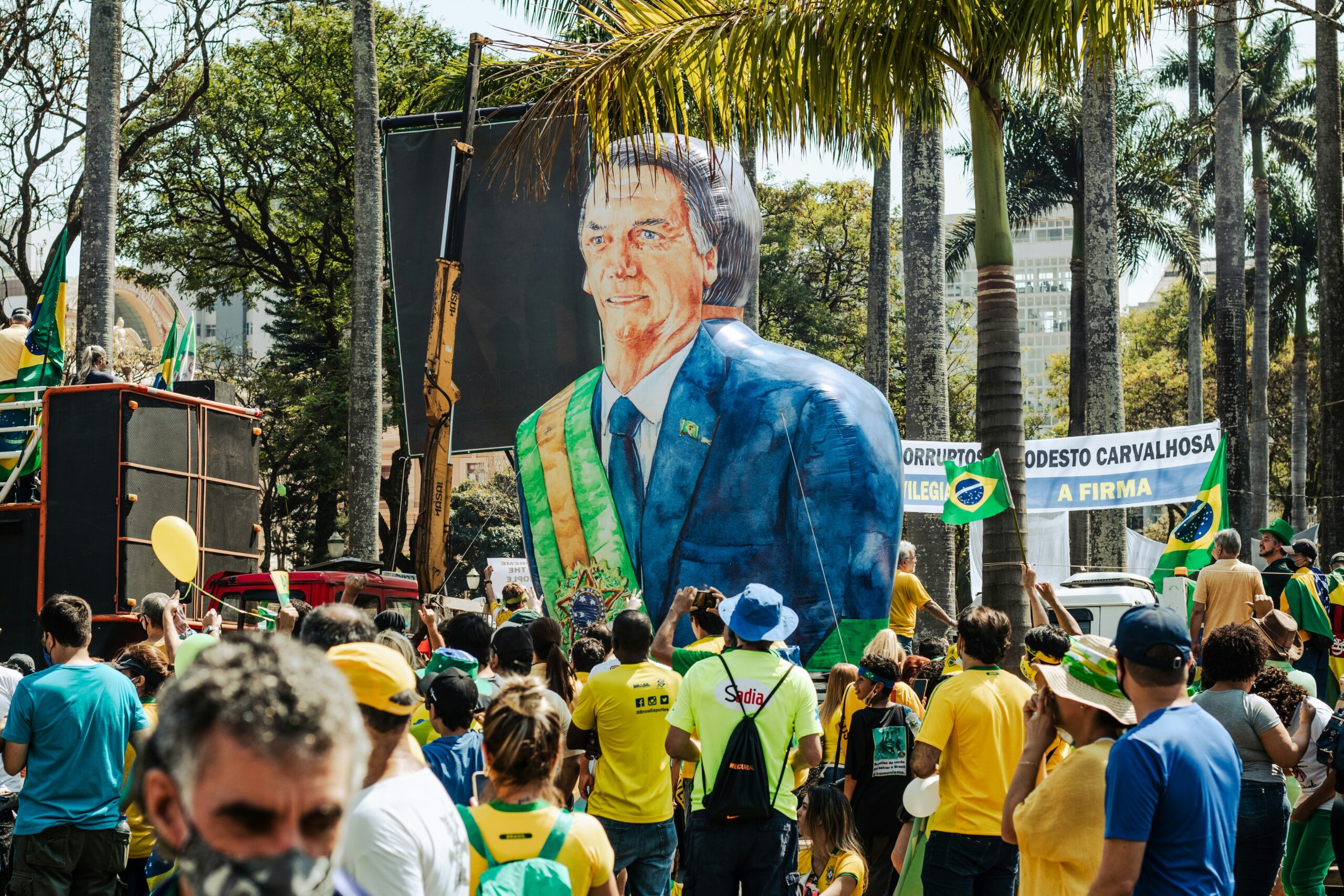
In a case that has deeply divided Brazil and attracted global attention, the Supreme Court of Brazil has announced it will issue a verdict and sentence for former President Jair Bolsonaro in early September. Bolsonaro faces multiple charges, including an attempted coup, following his loss in the 2022 presidential election. This trial not only tests the resilience of Brazil’s democratic institutions but also highlights the strained relations between Brazil and the United States under the Trump administration.
Key Facts
- The Supreme Court will deliver its decision between September 2 and 12, 2025.
- Bolsonaro, under house arrest since August 4, denies all charges against him.
- The charges include attempting a coup, participation in an armed criminal organisation, and attempted violent abolition of the democratic order.
Background
The allegations against Bolsonaro stem from accusations that he orchestrated a conspiracy to remain in power after losing the 2022 election to Luiz Inacio Lula da Silva. Detailed evidence presented by prosecutors includes messages and handwritten notes allegedly outlining the plot, which also involved plans to assassinate both President Lula and Supreme Court Justice Alexandre de Moraes, who is presiding over the trial.
Defence arguments have highlighted that no coup was executed and that Bolsonaro allowed the presidential handover to occur, challenging the prosecution’s narrative. This legal battle unfolds against the backdrop of a January 2023 insurrection attempt by Bolsonaro supporters, who stormed government buildings urging a military takeover, reminiscent of the U.S. Capitol riot in 2021 and Brazil’s military coup in 1964.
Official Reactions and International Dimensions
The trial has not only captivated Brazil but has also seen international political maneuvers, particularly from the United States. Former U.S. President Donald Trump has imposed a 50% tariff on Brazilian imports in a move seen as support for Bolsonaro, whom he called an ‘honest man’ facing a ‘political execution.’ This has escalated tensions, with Brazil criticizing these actions as infringements on its sovereignty. Additionally, the Trump administration has sanctioned Justice de Moraes, further complicating diplomatic relations.
Public and Political Impact
A recent poll by Datafolha indicates a divided Brazilian public, with a slight majority supporting Bolsonaro’s house arrest and rejecting the notion of political persecution. The trial’s outcome could significantly affect Brazil’s political landscape and its international relations, particularly with the United States. As the date for the verdict approaches, Brazil remains on edge, with potential repercussions for its democracy and governance.
What’s Next
As the trial concludes, all eyes will be on the Supreme Court’s decision, which could lead to a lengthy prison term for Bolsonaro if convicted. The verdict will not only determine Bolsonaro’s fate but also signal the strength of Brazil’s judicial system and its commitment to upholding democratic values amidst political turmoil. This decision will likely resonate beyond Brazil’s borders, influencing future diplomatic engagements and the global perception of its governance.